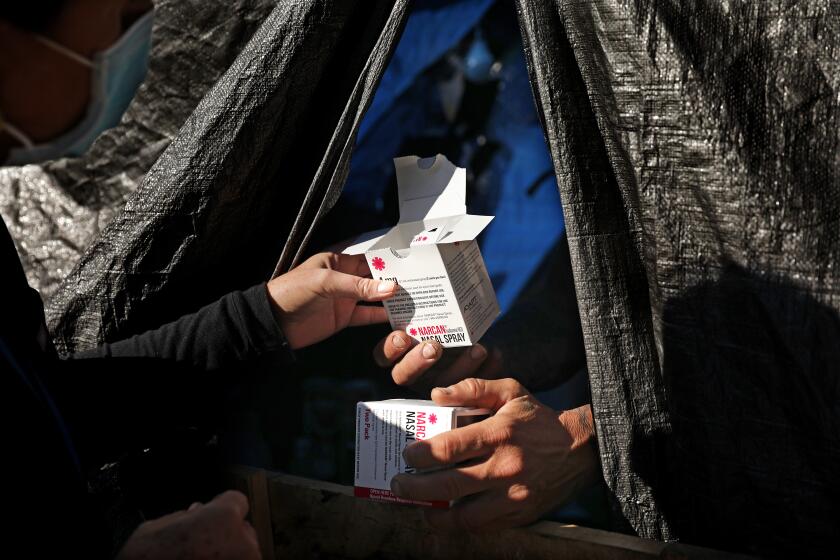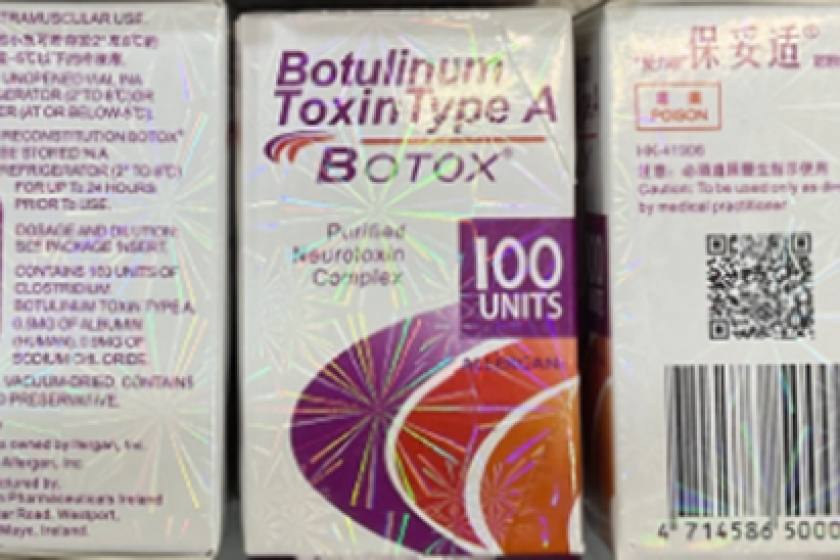SCIENCE / MEDICINE : Mom Was Right! It <i> Is</i> Good for You to Eat Your Carrots : Nutrition: Certain fruits and vegetables are rich in beta carotene. This nutrient is a key protector against cancer.
Ask scientists what foods they would tell you to eat more of and many would say carrots, spinach, sweet potatoes, winter squash and cantaloupe. That’s because these are among the richest sources of beta carotene, a nutrient believed to protect against cancer and cataracts. Beta carotene is in the news again because it was the focus (along with Vitamins C and E) of an international conference held in London in October.
Over the years, beta carotene has been overshadowed by Vitamin A; the body converts carotene into this vitamin. There is no Recommended Dietary Allowance (RDA) for beta carotene per se--it is included in the RDA for Vitamin A.
It used to be thought that the benefits of beta carotene were due to its conversion to Vitamin A, but research suggests that carotene itself is the more potent protector against cancer. Beta carotene is actually one of a large group of substances called carotenoids, which are generally found in the same vegetables and fruits, and which may also have anti-cancer properties.
Unlike Vitamin A, which can be very dangerous in large doses, beta carotene is nontoxic, since the body is able to regulate its conversion to Vitamin A. The worst thing large amounts of carotene can do is turn your skin yellow or orange, but this is harmless.
Also, beta carotene comes from plant sources, which tend to be high in fiber as well as other carotenoids and lesser-known nutrients that may prove protective. In contrast, Vitamin A comes from animal sources such as milk, eggs, butter and liver--all high in cholesterol and/or fat.
Numerous animal studies have suggested that beta carotene can defend against tumors and enhance the immune system. At least 70 studies on humans have found that those who don’t eat enough vegetables and fruits rich in carotenoids have an increased risk of cancer--lung cancer in particular. One recent large study, presented at the London conference by Dr. George Comstock of Johns Hopkins University, found that people with low levels of beta carotene in the blood had a far greater risk of developing lung cancer as well as melanoma, a lethal form of skin cancer.
Still, questions remain. Could other carotenoids or nutrients in vegetables and fruits actually be the true protective agents, rather than beta carotene alone? More than a dozen studies on beta carotene are under way, many with the support of the National Cancer Institute, and these may well provide answers during the next year or two.
Beta carotene, like Vitamins C and E, is an anti-oxidant--that is, it seems to neutralize the free radicals that damage cells and contribute to cancer. In simplest terms, the way free radicals damage the body’s cells is similar to the process by which oxygen causes paper to turn yellow or butter to turn rancid. Scientists theorize that beta carotene and the other anti-oxidants each exert a protective effect at a different part of the cell and/or against different free radicals.
When you’re shopping for food, look for orange, yellow and dark green--the colors of vegetables and fruit rich in beta carotene. If you’re like the average American, you should consume two to four times more carotene than you do now, according to Paul Lachance, professor of food science at Rutgers University. He has calculated that people should eat foods supplying 5 to 6 milligrams of beta carotene a day (based on guidelines from the USDA and the National Cancer Institute), while the average American gets less than 1.5 milligrams a day.
A carrot a day will do the trick. Here’s another way to make sure you get enough beta carotene and other important nutrients: A National Academy of Sciences report in 1989 recommended that Americans eat at least five servings of various fruits and vegetables every day. But one survey showed that on any given day 49% of Americans eat only one vegetable, and 41% eat no fruit at all.
You’re better off getting beta carotene from foods than relying on carotene supplements, since the foods will also give you additional nutrients that may play a role in protecting against cancer. Frozen vegetables can retain as much carotene as fresh. Cooking does destroy some carotene (the longer you cook, the more destroyed), but plenty remains. Some research suggests, in fact, that cooking may even allow the body to absorb the remaining carotene more readily.
BETA CAROTENE SOURCES
Beta Carotene (in milligrams) Dandelion greens (1 cup cooked) 8.4 Carrots (1 large) 6.6 Sweet potato (1 medium) 5.9 Cress (3/4 cup cooked) 5.6 Kale (3/4 cup cooked) 5.3 Spinach (1/2 cup cooked) 4.9 Mango (1/2 medium) 2.9 Winter squash (3/4 cup cooked) 2.4 Cantaloupe (1 slice) 2.0 Apricots (3 medium) 1.6 Broccoli (3/4 cup chopped) 1.5 Romaine lettuce (10 leaves) 0.8 Asparagus (7 spears) 0.5 Tomato (1 medium) 0.5 Peach (1 large) 0.5



